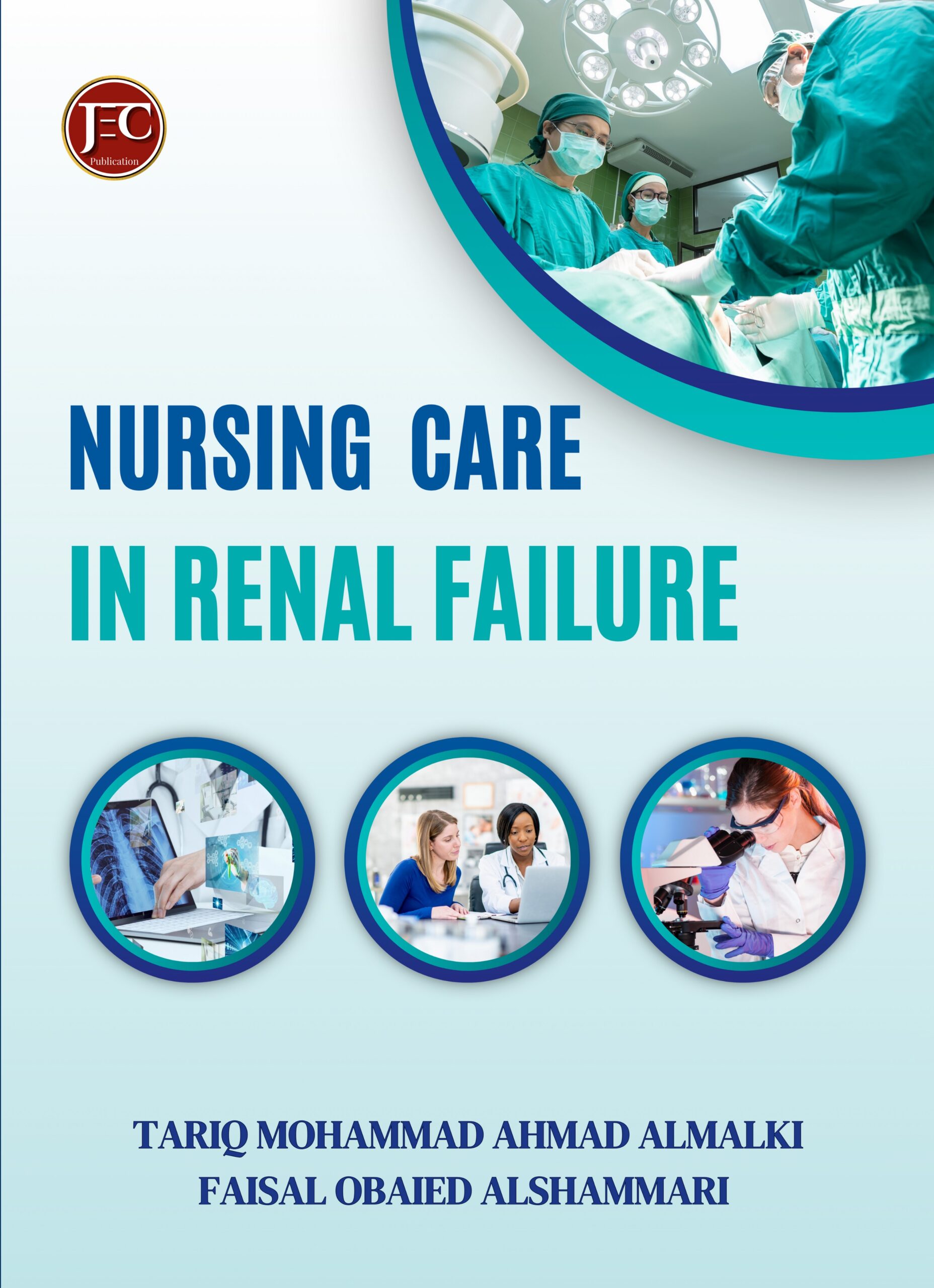NURSING CARE IN RENAL FAILURE
₹999.00
ISBN :- 978-93-6175-429-6
Chronic Renal Failure (CRF) presents a complex and challenging landscape for
healthcare professionals, particularly nurses, who play a crucial role in the holistic care of
patients with this condition. As the prevalence of CRF continues to rise globally, there is an
increasing need for comprehensive resources that address the intricacies of nursing assessment,
diagnosis, care planning, and intervention in CRF management.
This book, “Nursing Diagnoses, Care Plans, Assessments, and Interventions for
Chronic Renal Failure (CRF),” is designed to meet this need by providing a thorough
exploration of key topics relevant to nursing practice in the context of CRF. Each chapter delves
into essential aspects of CRF care, from understanding the pathophysiology and etiology of the
condition to implementing evidence-based interventions and addressing special considerations
in patient care.
In Chapter 1, readers will find an overview of CRF, including its anatomy,
physiology, etiology, and pathophysiology, laying the foundation for a comprehensive
understanding of the condition. Chapter 2 focuses on nursing assessment in CRF, covering the
physical assessment of the renal system, diagnostic tests, and assessment of fluid and
electrolyte imbalances. Chapter 3 delves into nursing diagnoses in CRF, providing insights into
common nursing diagnoses, prioritization strategies, and the development of care plans tailored
to the individual needs of CRF patients. Chapter 4 expands on care planning, offering evidencebased interventions and patient education strategies to promote optimal outcomes.
Pharmacological interventions in CRF management are discussed in Chapter 5,
with a focus on medications, administration, monitoring, and management of complications.
Non-pharmacological interventions, including dietary management, fluid and electrolyte
management, and dialysis therapy, are explored in Chapter 6. Chapter 7 addresses special
considerations in CRF care, such as psychosocial assessment, management of complications
(hypertension, anemia, bone disease), and palliative care and end-of-life issues. Lastly, Chapter
8 emphasizes interdisciplinary collaboration and ethical considerations, highlighting the
importance of teamwork, legal and ethical principles, and cultural competence in CRF care.
We hope that this book serves as a valuable resource for nurses and healthcare
professionals involved in the care of patients with chronic renal failure. By integrating
evidence-based practice with clinical expertise and compassionate care, we aim to enhance the
quality of care and improve outcomes for individuals living with CRF.


Reviews
There are no reviews yet.